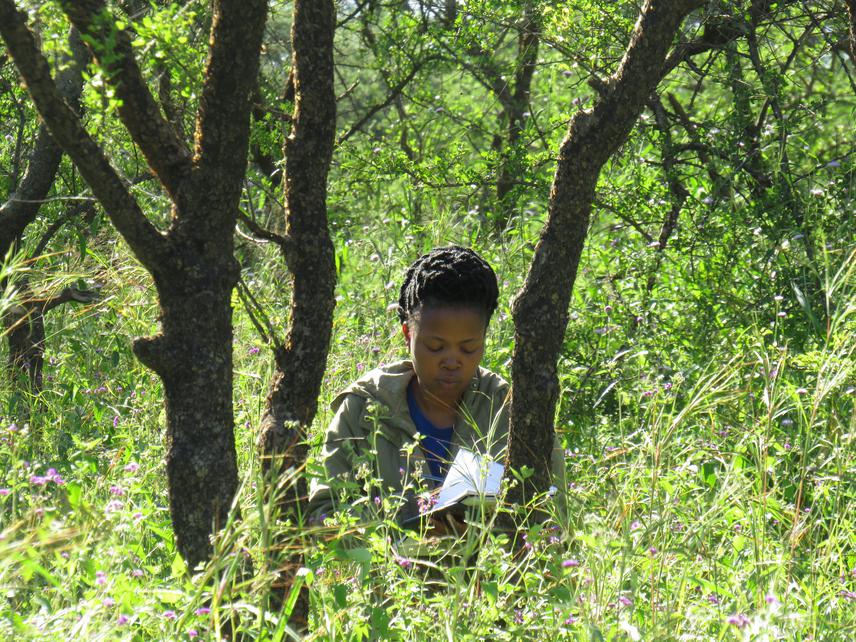Mecklina Michael Mbundi
Other projects
11 Mar 2022
Assessing Local Community’s Awareness and Perceptions on Invasive Gutenbergia Cordifolia Management and its Effects on Insect Visitors Around Mwiba Area
Invasive plants species are likely to compete with native species for shared pollinators. Management is ongoing in various areas of the globe to control and fight destructive consequences of invasive plant. Knowing the consequence of invasive weed Gutenbergia cordifolia and its management on native plant-pollinator interactions including their effects on insect’s community is a means to review effects of invasive plants on indigenous plant reproduction also help clarify the flexibility of the interaction between plant and pollinators. This study aims at evaluating the effect of G. cordifolia management using Desmodium uncinatum leaf crude extract on insect diversity and flower visitation.

Invasive alien species are those that have become established in a new surroundings, then reproduce and spread in ways that are destructive to biodiversity and/or human interests (Getachew et al., 2012). Current studies on invasive pollinator mutualism have focused only on the indirect impact of invasion for the native plant pollination (Stout et al., 2017). Fewer studies showed that, invasive plants are the reason for pollinator diversity loss through changes in native plants-pollinator network (Bartomeus et al., 2008).
Gutenbergia cordifolia has been documented as an invasive weed in diverse farmlands areas of East Africa (Ngondya et al., 2016) and has been spreading and multiplying much faster than the rate at which it could be used and covers the large parts of Mwiba Wildlife Ranch with extensive invasion (personal communication, 2019). G. cordifolia pose a risk of reducing native plant biomass, and hence, reducing pastures availability for herbivores.
Limited management has been taken in other Protected Areas in Tanzania against G. cordifolia using plant extract. (Ngondya et al., 2017) used fresh Desmodium uncinatum leaf extract (DuL) to fight and suppress invasive weed species G. cordifolia in Ngorongoro Conservation Area. However, no studies have been done on how DuL affect the insect’s diversity and flower visitation after the suppressing of the invasive G. cordifolia. With regard to ongoing threat of invasive plants in native plant-pollinator interaction (Baskett et al., 2011), this work intends to enhance ecological habitats for insect’s community through assessing the management effect of G. cordifolia using DuL on insect’s visitation rate in terms of diversity and foraging behavior. This study will increase the awareness on insects as it is known that more than 85% of flowering plant worldwide depend on insects for pollination services, reproduction and preserving genetic variability (Menz et al., 2011).